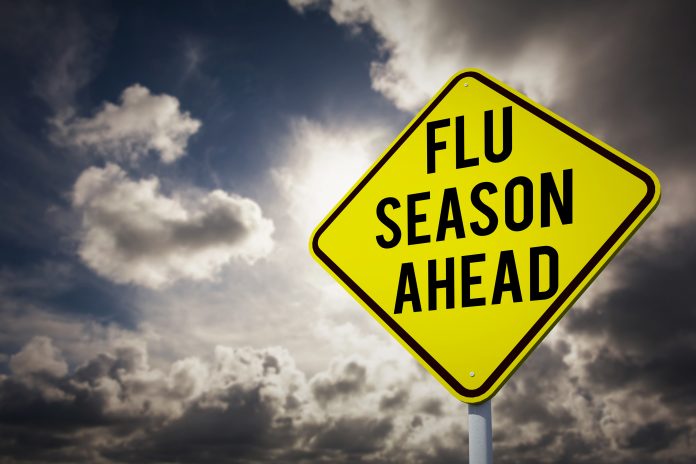In Canada and the U.S. flu season is considered to be October through May. This is the time of year when there are outbreaks of the flu. Flu activity can be tracked geographically and even predicted in many areas. The flu vaccine is available to citizens to diminish the effects of the flu and in many cases to help keep us from catching the flu in the first place! Each year the vaccine consists of several components depending upon which variants of the flu are active at that time.
What causes the flu?
- Viruses are the main cause of the flu. During colder weather cases of the flu multiply even though those viruses are around all year long.
- People are indoors more during the colder weather. This brings them into contact more and makes it easier for the flu virus to travel.
- Cold temperatures also cause drier air. This dehydrates the mucous membranes making it easier for infections to invade the body.
Those who are considered “at risk” should always get an annual flu vaccine. This would include young children and those with chronic health conditions such as asthma, diabetes and lung disease. Everyone over the age of 65 should ask their doctor how a flu vaccine can benefit them.
There are ways to prevent catching the flu:
- Stay away from those who you know are sick
- Avoid large crowds
- Always wash your hands, particularly if you are returning from a public event or from shopping
- Cover your nose and mouth with a tissue when you sneeze or cough
Flu viruses are constantly changing. Each year the flu vaccine is updated to reflect those viruses currently in circulation. Your healthcare provider can tell you if you should get an annual vaccine for the flu. In the meantime, eat well, get lots of sleep and wash your hands. Taking care of your health can help you to avoid catching the flu during flu season.
This article is intended for informational purposes only. If you have any questions or are considering any recommendations, please consult your health practitioner.
























